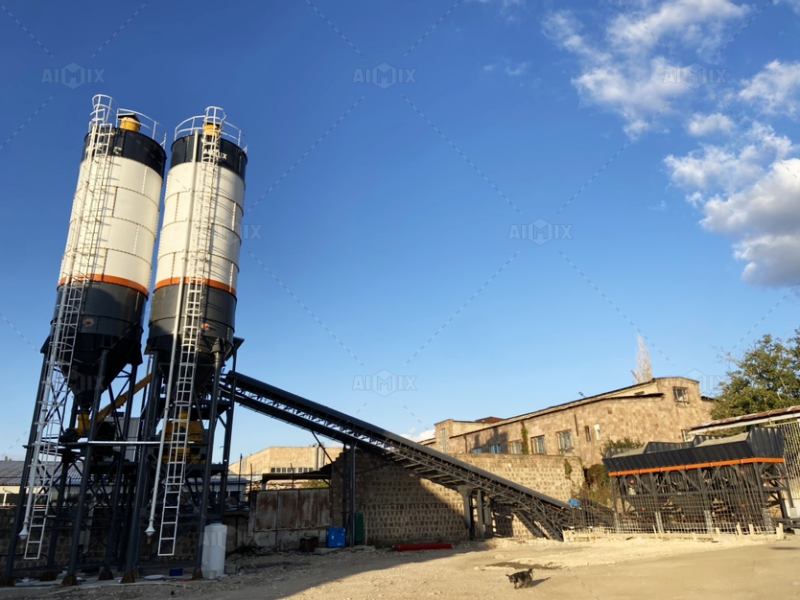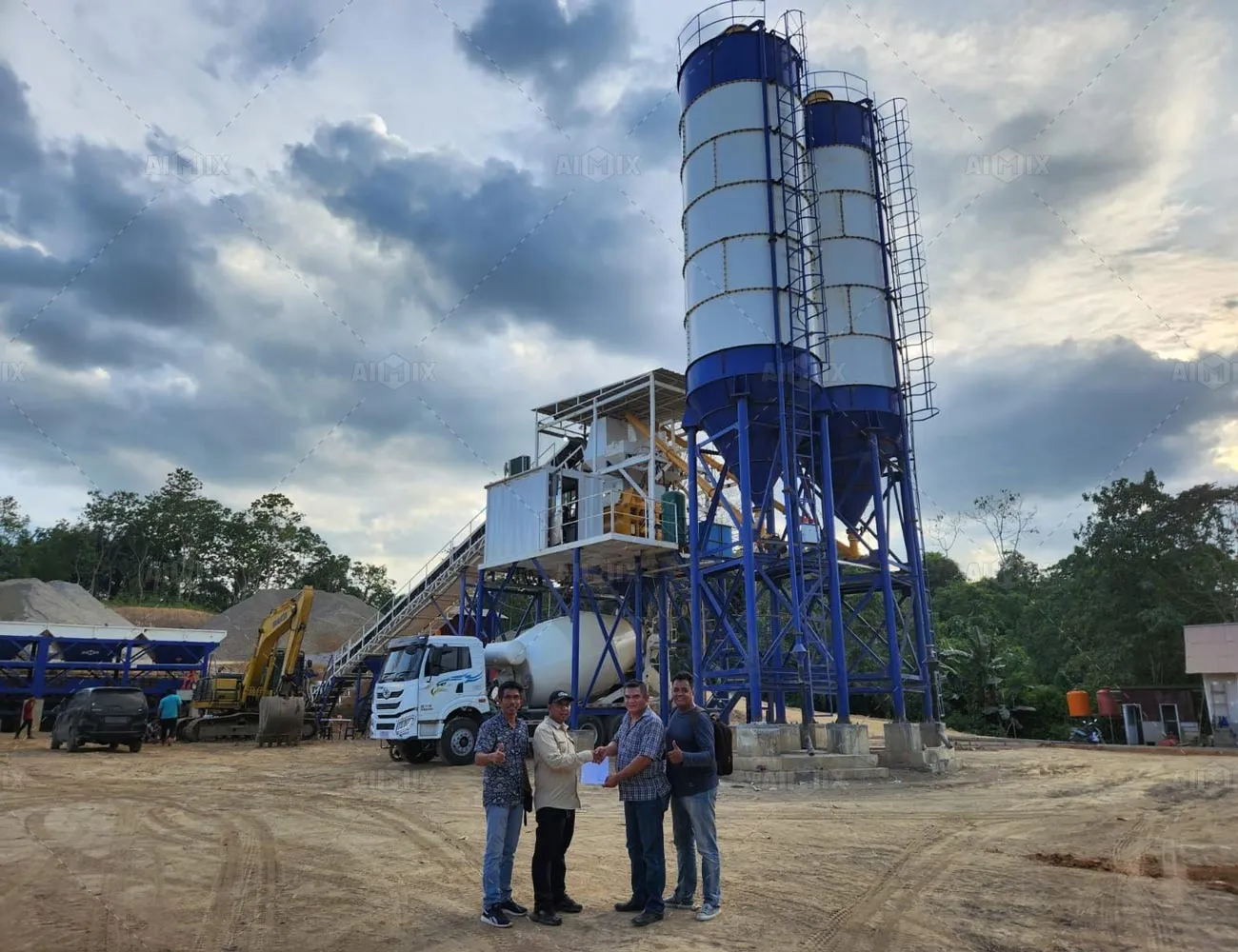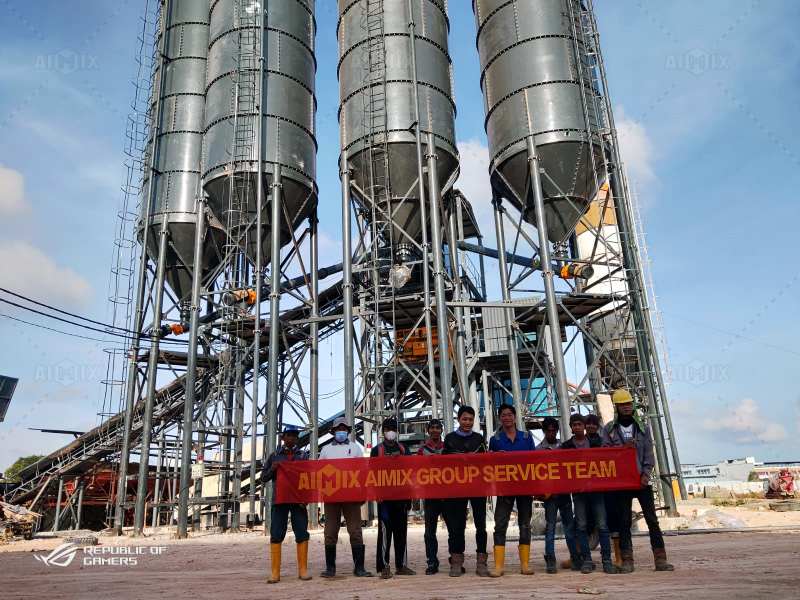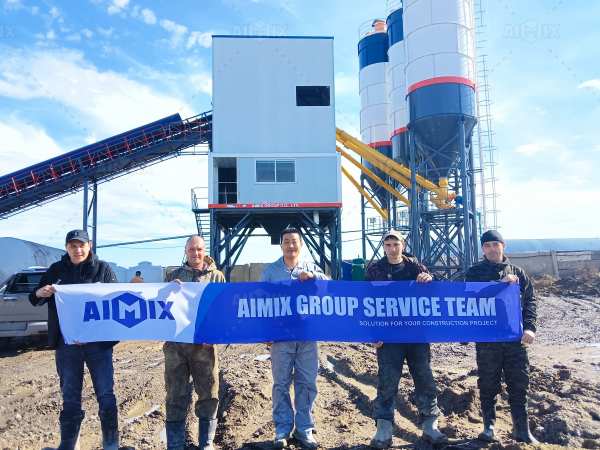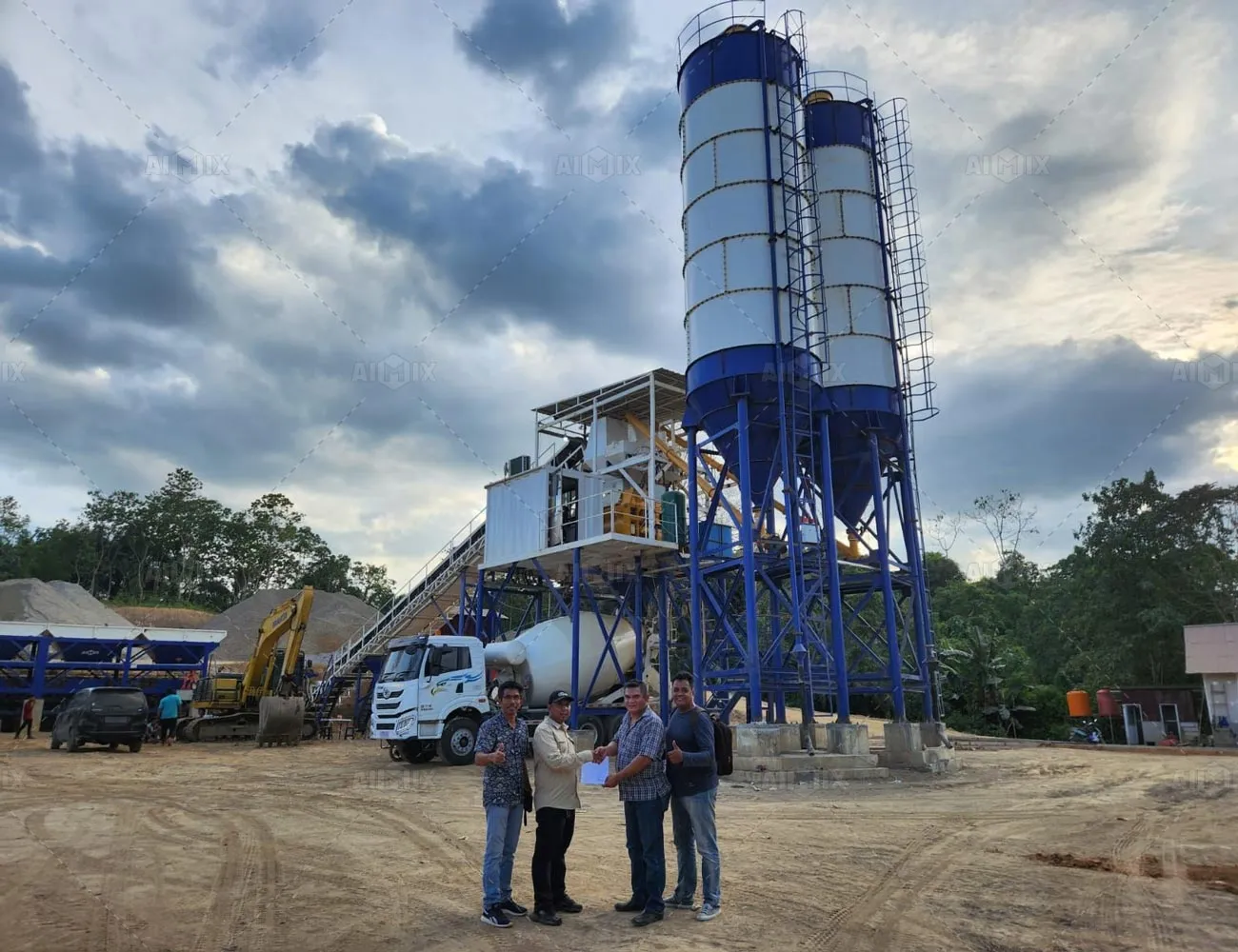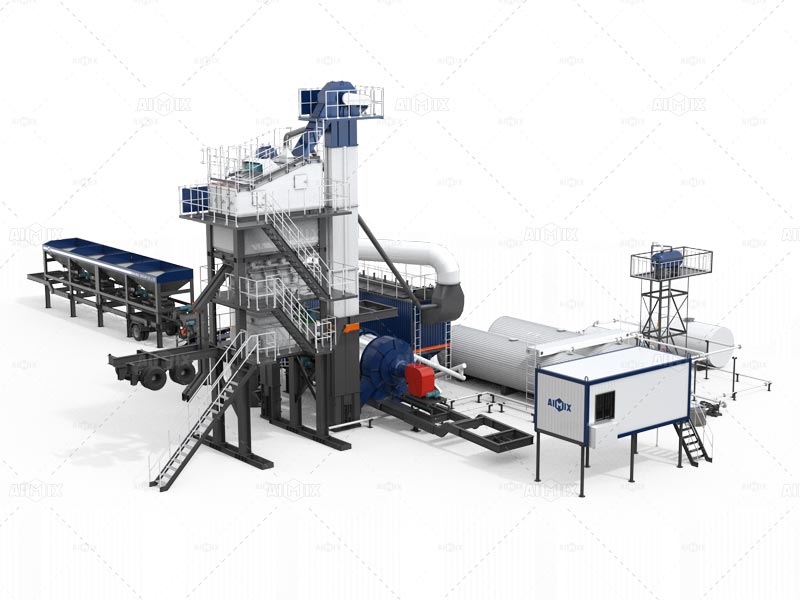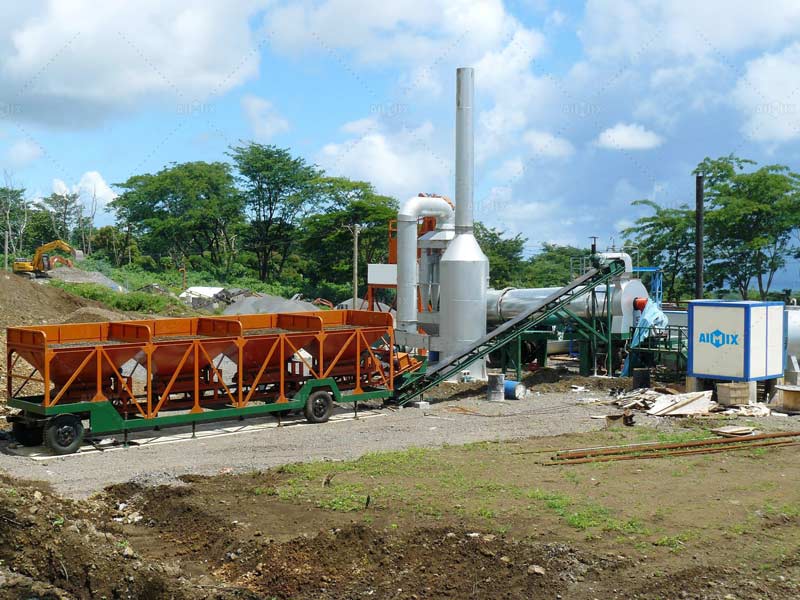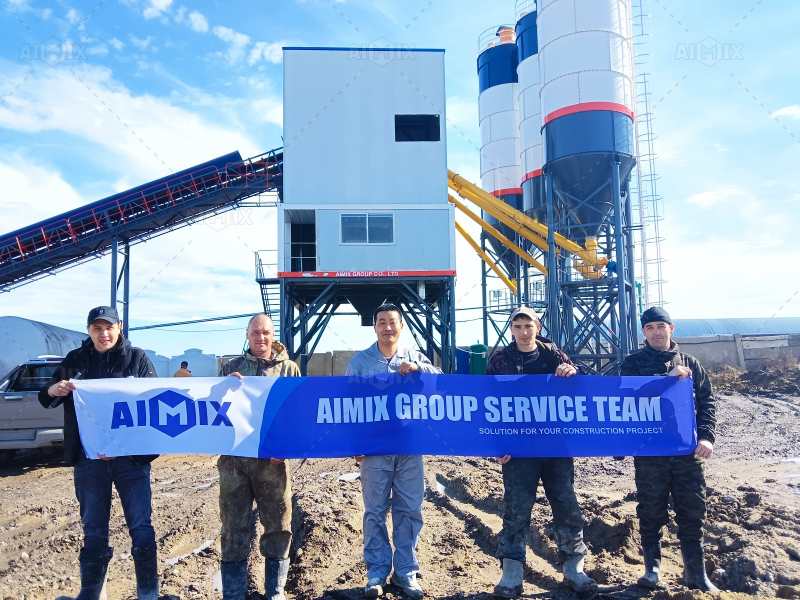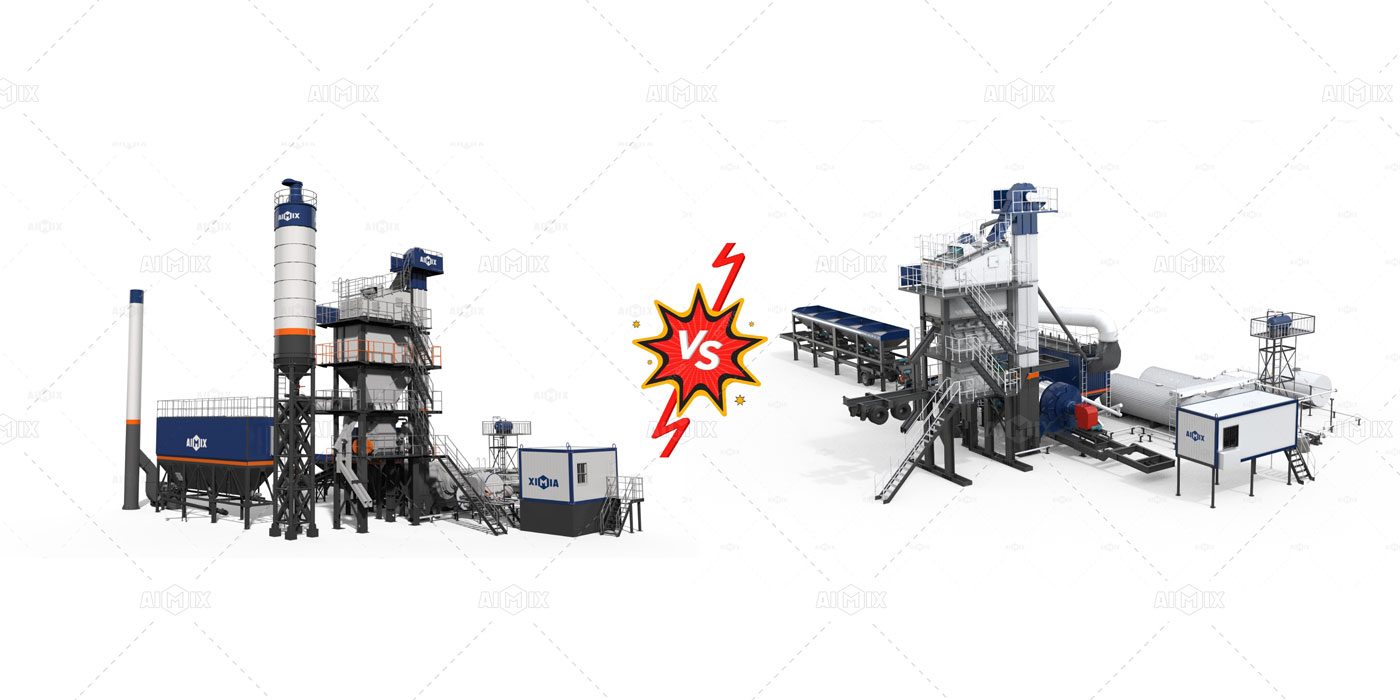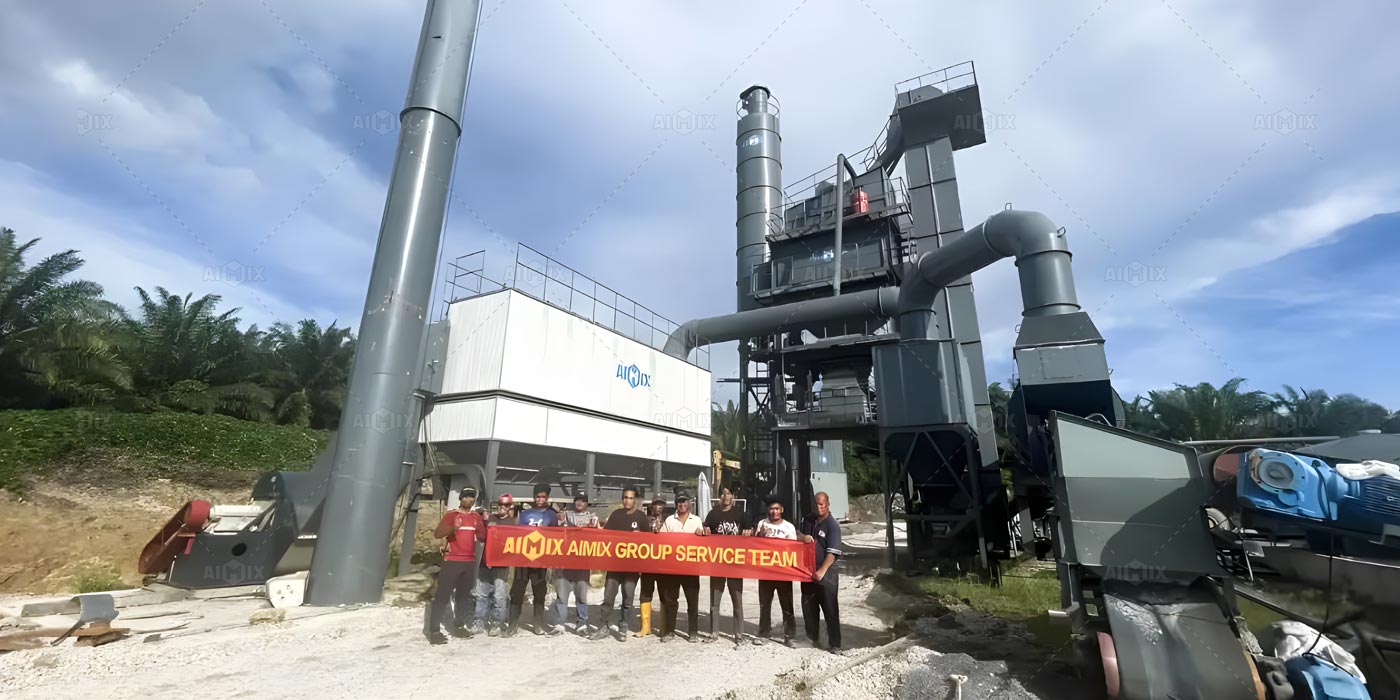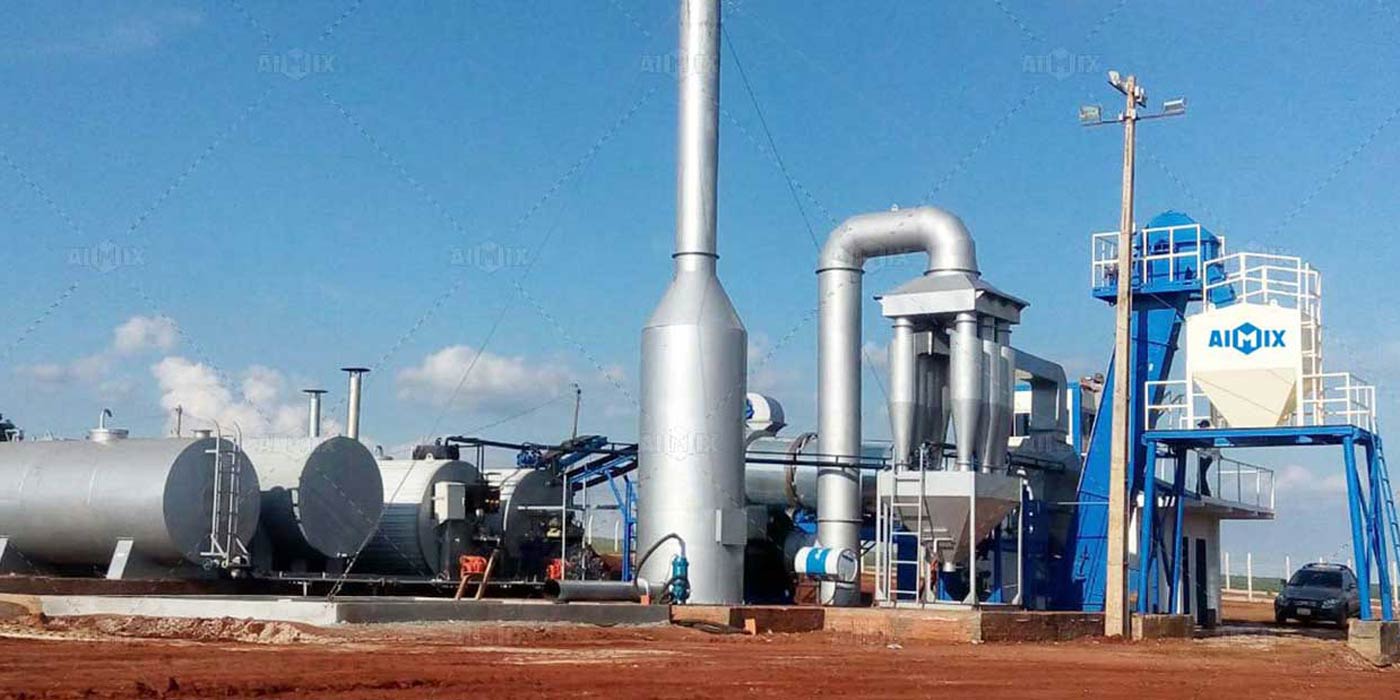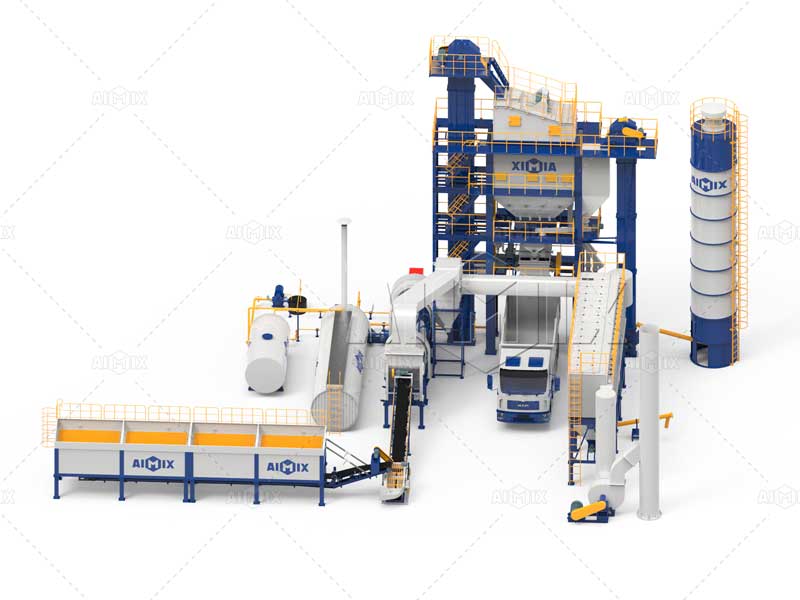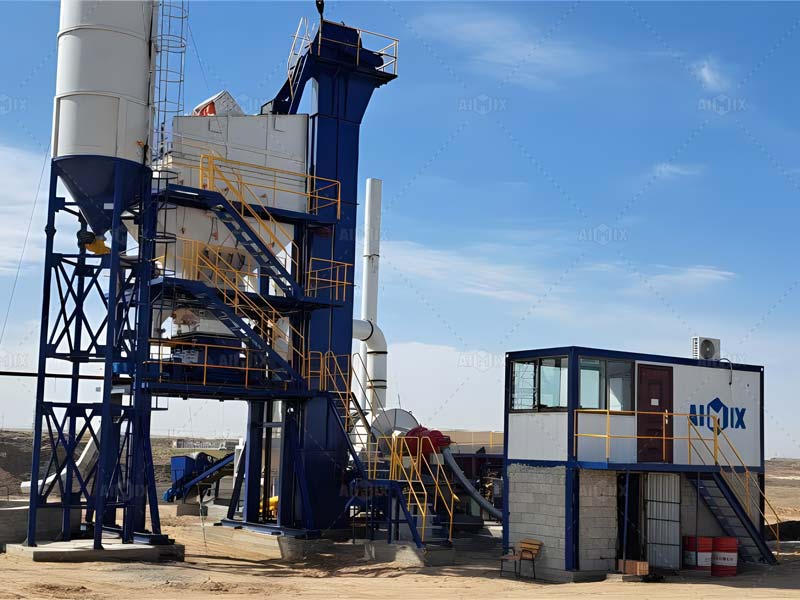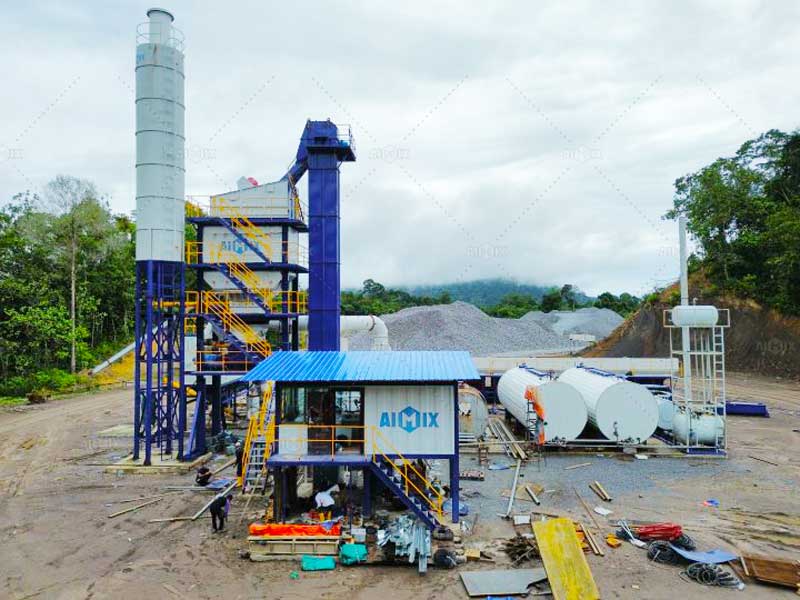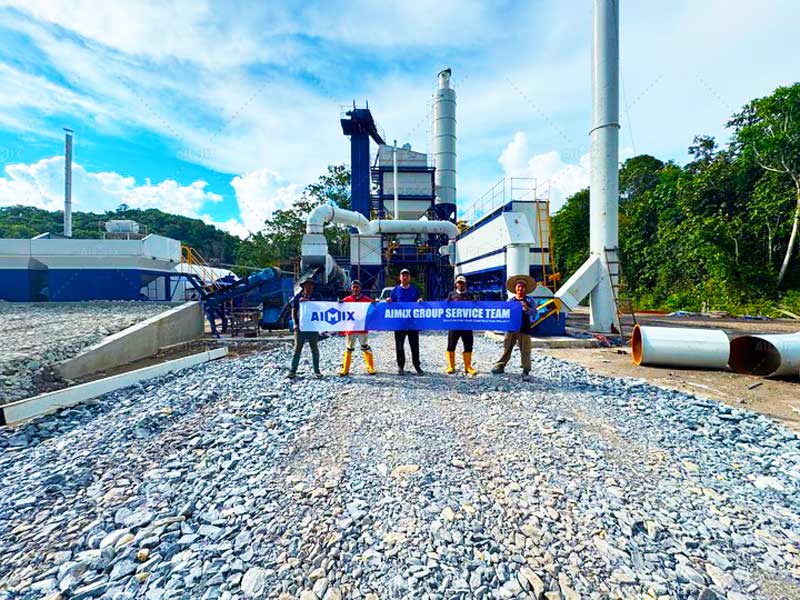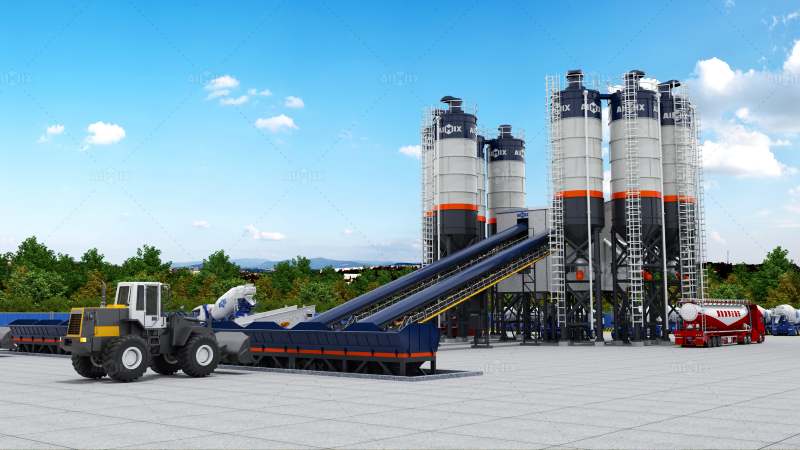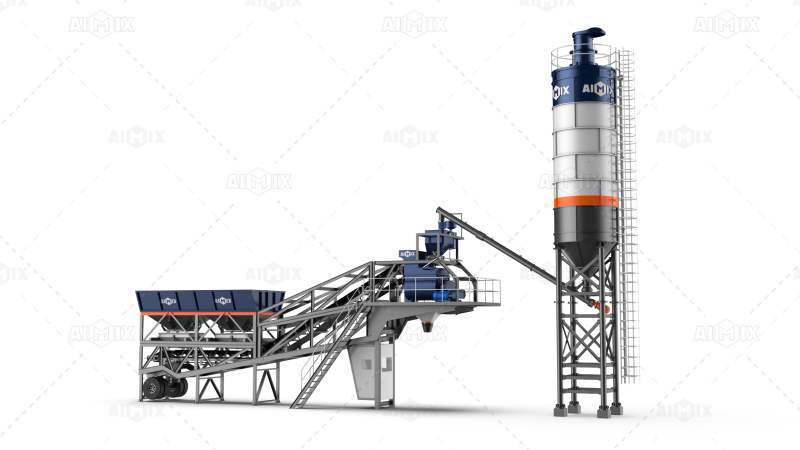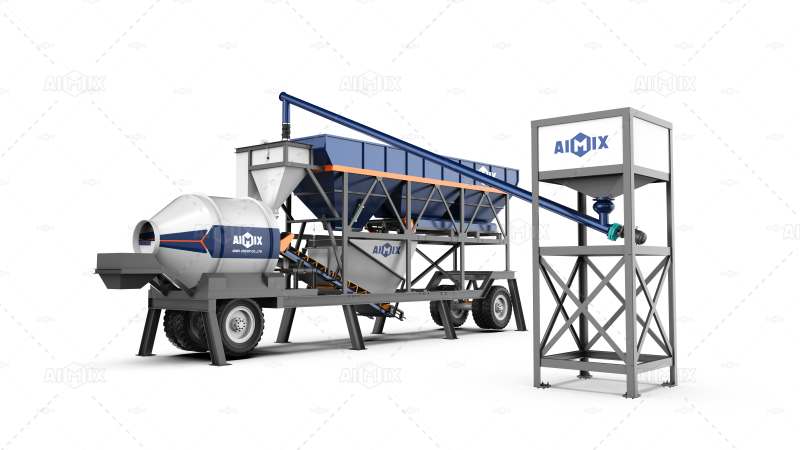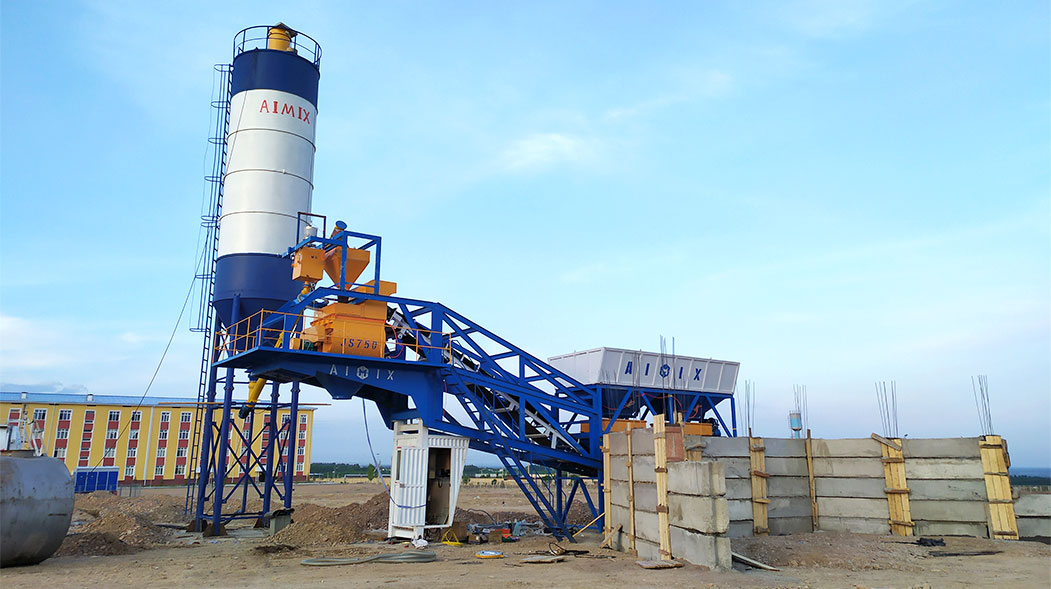The construction industry is known for its significant environmental footprint, particularly when it comes to concrete production. Traditional methods of producing ready-mix concrete often involve energy-intensive processes, excessive waste, and a considerable carbon footprint. However, as sustainability becomes a growing priority, the introduction of eco-friendly ready mix plants presents an effective way for businesses to reduce their environmental impact while still meeting the high demands of modern construction.
This article explores how eco-friendly ready mix plants contribute to environmental sustainability, the technologies and practices that make them greener, and how companies can adopt these practices to reduce their environmental footprint.
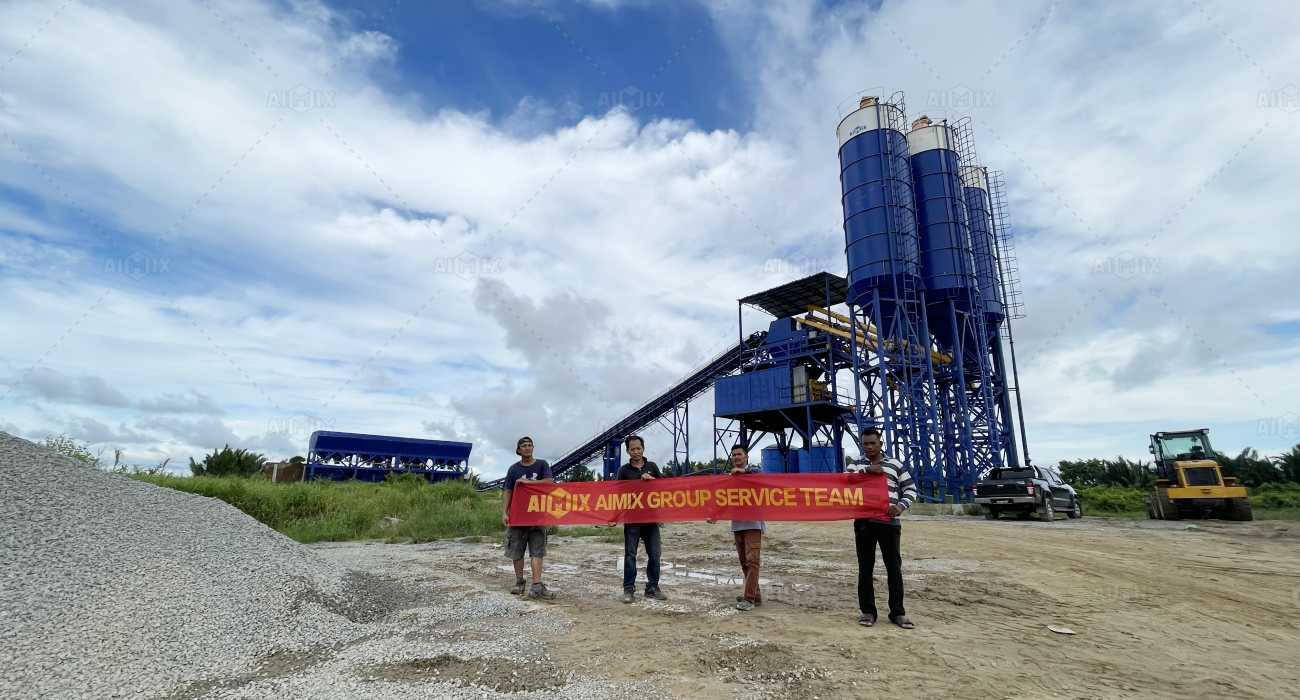
1. Energy Efficiency in Eco-Friendly Ready-Mix Plants
One of the primary environmental concerns with concrete production is energy consumption. Traditional concrete plants can consume a significant amount of electricity and fuel, especially when heating and mixing materials. Eco-friendly ready mix plants are designed to use energy more efficiently, thus reducing carbon emissions and operating costs.
Energy-Saving Features in Green Plants:
- Efficient Mixing Technology: Newer, energy-efficient mixing equipment and variable-speed drives can optimize energy usage during the mixing process. This means less electricity is consumed without compromising the quality of the concrete produced.
- Renewable Energy Sources: Some eco-friendly plants integrate renewable energy sources such as solar or wind power to offset their energy usage, further lowering their carbon footprint.
- Heat Recovery Systems: Plants can incorporate systems that capture and reuse waste heat, especially during the drying of aggregates, to improve overall energy efficiency.
By focusing on energy efficiency, eco-friendly ready-mix plants not only reduce their impact on the environment but also reduce operational costs of batching plant, which can have a positive economic impact over time.
2. Waste Reduction and Recycling
Traditional concrete batching plants produce significant waste, particularly in the form of excess concrete, packaging materials, and water. Eco-friendly ready-mix plants aim to minimize waste through innovative practices and materials recycling.
Waste Reduction Strategies:
- Recycling Water: Water is a crucial resource in concrete production. Eco-friendly plants implement closed-loop water systems that capture runoff, filter it, and recycle it back into the production process. This reduces water usage and ensures that less water is wasted.
- Reusing Returned Concrete: Concrete that is returned to the plant due to overproduction is often discarded as waste. However, eco-friendly plants may use recycling systems to reprocess returned concrete, turning it into reusable aggregate, thus preventing unnecessary waste.
- Packaging Material Minimization: Many eco-friendly plants reduce their reliance on plastic and other disposable packaging materials, opting instead for reusable containers or minimizing packaging overall.
These practices help conserve natural resources, reduce landfill waste, and contribute to the circular economy, all of which are essential for improving the environmental sustainability of ready-mix concrete production.
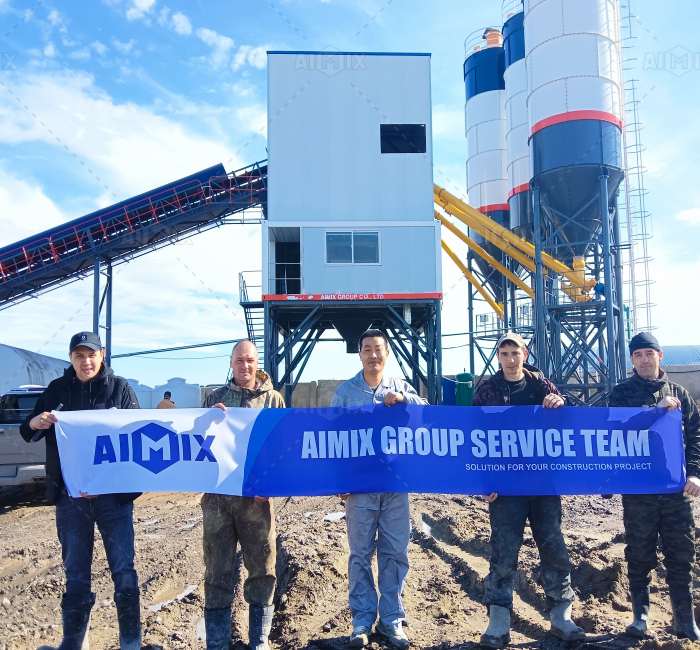
3. Reducing Carbon Emissions
Concrete production is a major contributor to carbon emissions, particularly because of the energy-intensive processes involved and the use of cement, which is a high-carbon material. Eco-friendly ready-mix plants aim to reduce their carbon emissions through a variety of innovative strategies.
Key Carbon Reduction Practices:
- Optimizing Cement Usage: Cement production is responsible for a significant portion of concrete’s carbon footprint. Green plants can reduce cement usage by incorporating alternative materials like fly ash, slag, and natural pozzolans, which lower the need for virgin cement.
- Low-Emission Equipment: Eco-friendly plants often utilize low-emission or electric-powered vehicles and equipment for transporting aggregates and finished products, replacing older diesel-powered machinery.
- Efficient Transportation: By optimizing delivery routes and using fuel-efficient vehicles, eco-friendly plants can reduce the emissions associated with transporting ready-mix concrete to construction sites.
These efforts lead to a significant reduction in greenhouse gas emissions, helping companies align with global sustainability goals and meet stricter regulations on carbon emissions.
4. Sustainable Sourcing of Materials
The materials used in concrete production play a significant role in a plant’s environmental footprint. Eco-friendly ready mix plants prioritize sourcing sustainable and locally available materials to reduce environmental impacts associated with extraction, transportation, and manufacturing.
Sustainable Sourcing Practices:
- Use of Recycled Aggregates: Some eco-friendly plants incorporate recycled aggregates (e.g., crushed concrete or recycled gravel) into their mix, reducing the need for virgin materials.
- Local Sourcing of Materials: By sourcing aggregates, cement, and other materials locally, plants reduce the environmental cost of transporting raw materials over long distances.
- Sourcing Low-Carbon Materials: Some eco-friendly plants use environmentally friendly alternatives to traditional aggregates and cements, such as geopolymer cement, which has a much lower carbon footprint.
These practices ensure that the production process has a minimal environmental impact from start to finish, contributing to the overall sustainability of the concrete.
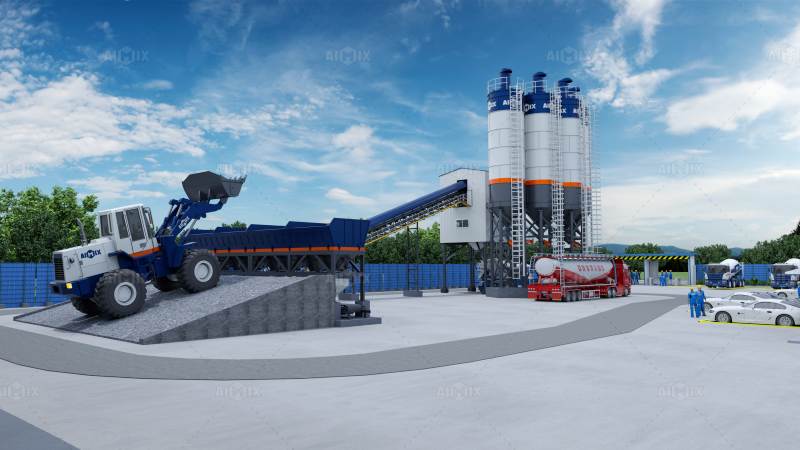
5. Certification and Compliance
Eco-friendly ready mix plants often pursue certifications that validate their commitment to sustainability and environmental responsibility. These certifications provide assurance to customers that the plant operates in accordance with the highest environmental standards.
Key Certifications:
- LEED Certification: Plants that produce concrete for LEED (Leadership in Energy and Environmental Design) certified buildings often follow specific sustainability guidelines.
- ISO 14001 Certification: ISO 14001 is an international standard for environmental management systems, and plants that comply with this certification demonstrate their commitment to reducing their environmental impact.
- Green Concrete Certifications: Some plants may also produce "green concrete," which adheres to specific environmental standards that reduce carbon emissions and resource consumption.
By obtaining these certifications, eco-friendly ready-mix plants not only meet regulatory requirements but also signal their dedication to sustainability, making them an attractive choice for environmentally conscious clients.
6. Conclusion
Eco-friendly ready-mix plants are a key component in reducing the environmental impact of the construction industry. Through energy-efficient technologies, waste reduction practices, carbon emission control, sustainable sourcing, and third-party certifications, these plants make a significant difference in promoting sustainability.
By adopting eco-friendly practices, companies can contribute to the circular economy, improve their environmental credentials, and meet the growing demand for sustainable construction materials. Moreover, they help reduce operational costs, making eco-friendly ready mix plants a win-win for both the environment and the business.
